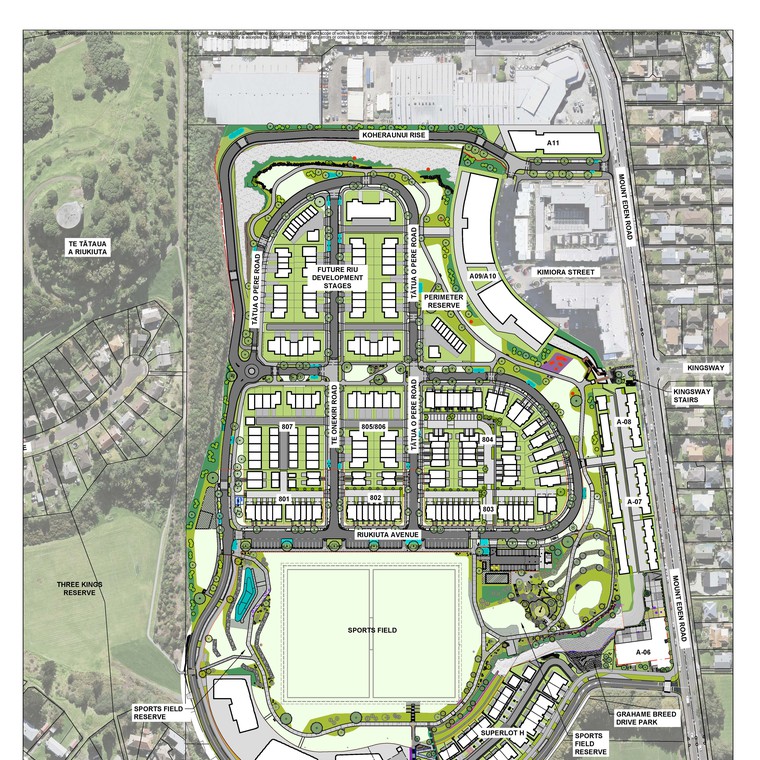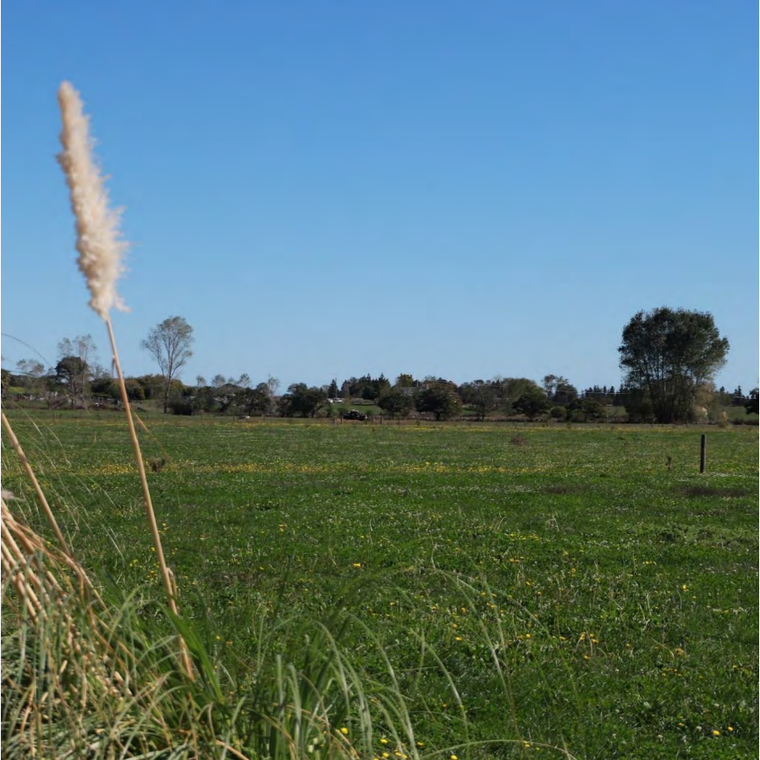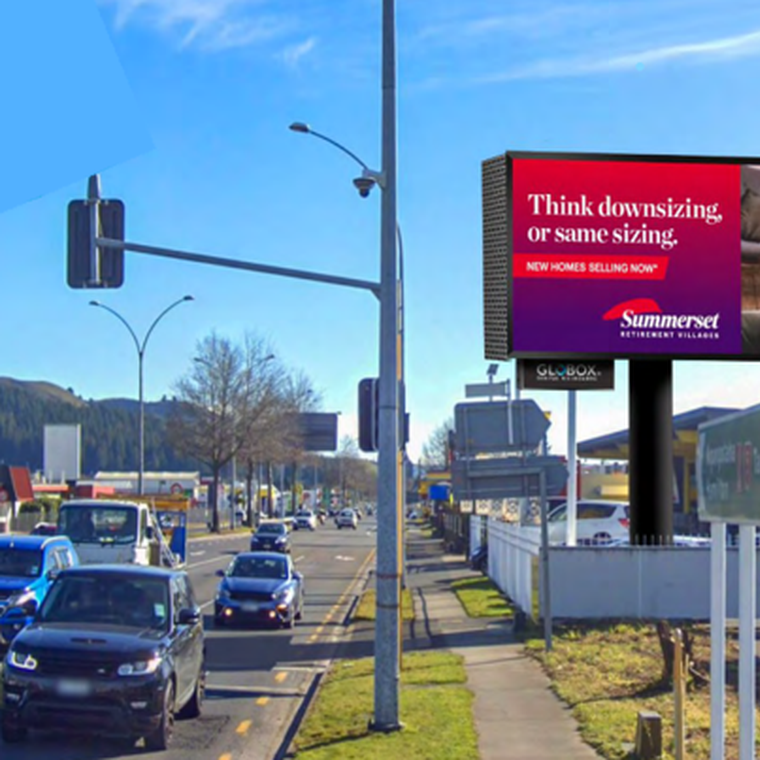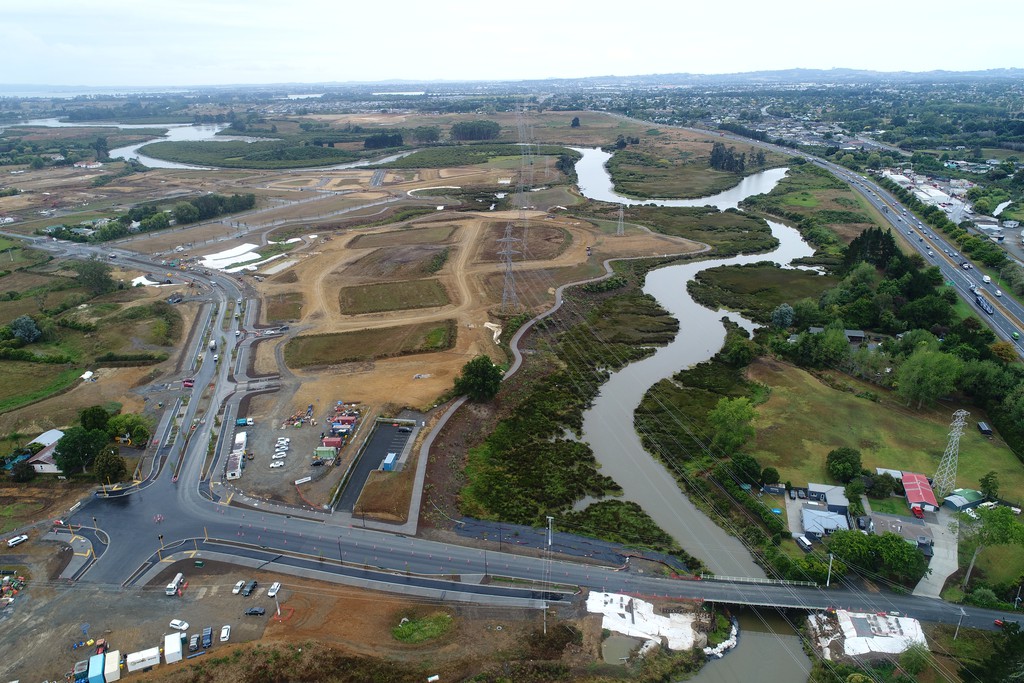BERRY SIMONS OBTAINS FIRST PRIVATE PLAN CHANGE TO THE AUCKLAND UNITARY PLAN
Wed Feb. 27th 2019
Berry Simons has successfully obtained the first private plan change (PC6) to the Auckland Unitary Plan.
Leading environmental law firm Berry Simons has successfully obtained the first private plan change (PC6) to the Auckland Unitary Plan (AUP). PC6 rezoned approximately 83ha of land in Drury West and represents the second stage of Auranga development at Drury West, a flagship project for Ma Development Enterprise (MADE).
Berry Simons gained approval for Stage 1 of the Auranga development in August 2016, under the Housing Accords and Special Housing Areas Act 2013. Stage 1 comprises 84.6ha of land in Bremner Road, Drury, and is expected to accommodate approximately 1,300 dwellings.
Stage 1 is now the operative Drury 1 Precinct in the AUP and construction is well under way. Auranga Stage 2 is immediately to the west of Auranga Stage 1 and is a logical extension of the existing Drury 1 Precinct. PC6 proposes that the Drury 1 Precinct provisions be extended onto that adjacent land (subject only to some minor amendments).
The rezoning will enable much needed residential development within southern Auckland, on the shores of the Manukau Harbour.
“The Auranga team worked very hard to secure the approval of PC6. This included resolving a range of issues that were raised by Auckland Council regarding the plan change, some of which could have resulted in PC6 not even being accepted by Council for processing. This demonstrates the benefits of Berry Simons’ strategy to put in the effort up-front, in order to de-risk the hearing process,” says partner Simon Berry.
A key aspect of PC6 is the opportunity for ecological off-setting to be directed to the adjacent Drury Creek Islands. Little known, the three islands some 16ha in area are currently grazed and in a severely degraded state. Directing off-setting for adverse effects of the Auranga development represents a unique, one-off opportunity to restore the islands.
MADE has partnered with local iwi and the Department of Conservation to develop a Restoration Management Agreement for the Islands. Under that Agreement, the vision for the Islands is that:
“It will be a natural environment for indigenous plants and animals free from significant impacts of plant and animal pests, is accessible to the public and where there is recognition of the kaitiaki role of iwi in the long term protection, management and care of the cultural and biological aspects of the Islands”.
Ironically, Council specialists, while acknowledging significant ecological benefits of the Islands restoration proposal, strongly opposed the proposal on the basis that it did not represent “like-for-like” off-setting for stream removal, which the AUP expresses a preference for. This is reflective of the somewhat blind adherence to the strict letter of the AUP that we are increasingly seeing by Council officers. The policy which would enable the off-setting (Policy 14) transpired to be one of the most contentious aspects of PC6.
Thankfully, the Hearing Panel accepted that the AUP provides greater flexibility, saying:
“While expressing a preference for “like-for-like” offsets, the relevant provisions of the AUP enable flexibility to utilise a broad range of tools, including “like-for-unlike” offsetting and compensation to achieve positive ecological outcomes. In that extent, there is no inconsistency in what is achieved by Policy 14 and the existing offsetting provisions of the AUP”.
The PC6 decision therefore provides useful guidance as to how the ecological effects from development in Auckland should be addressed.
News & Updates

Major development contributions objection upheld
A Development Contributions Commissioner upheld Fletcher Residential's objection to Auckland Council's assessment of DCs.
Wed April 17th 2024

Largest yet solar farm approved by expert panel
Sue Simons chaired an Expert Panel which granted consents for the project in the North Waikato region.
Fri Feb. 9th 2024

Berry Simons celebrates another digital billboard victory
Berry Simons' Digital Billboard Team has another victory over Waka Kotahi - this time in Rotorua.
Fri Oct. 20th 2023

Sue Simons co-presents "Public Works Intensive" webinar
Sue Simons and Matthew Casey KC presented a webinar, hosted by the Auckland District Law Society, in August 2023.
Fri Aug. 11th 2023

